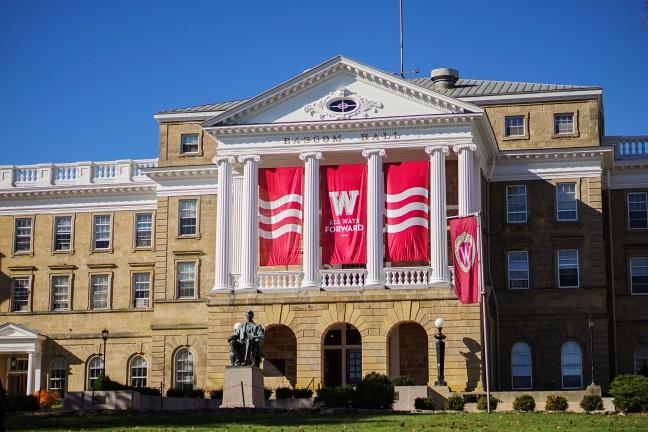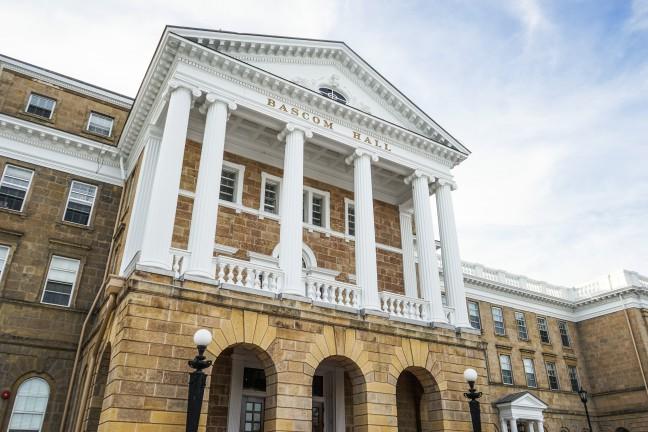After months of planning, our student government’s truest defenders and truest representatives collapsed at the finish line. After two days of voting and a nearly yearlong stretch of calculated, nuanced discussion, listening sessions and tireless planning, the push to reform our student government has failed.
In the end, the more thoughtful leaders of the reform movement failed not because their arguments were weak, the process was flawed or the direction was off — it was because they, as Chynna Haas said during the debate, are not grassroots organizers. Their lack of outreach, solid campaign strategy or attempts to recruit support from political groups was their downfall. The Vote No Coalition had the bodies and strategy to win. Although the effort for reform was ideologically sound, Associated Students of Madison fell into its same patterns of disorganization and complacency — just as we feared when we admonished them to step up their game last month.
While some may want to fight the vote, appeal the decision, throw the same measure on a ballot for April — there will be no resurgent campaign, no second wind, no “one last chance.”
This was ASM’s last chance. To entertain the notion of propping up a decaying corpse in hopes that it lurches back to life is an insult to the student body.
At this point, ASM can do only one thing in hopes of reviving some sort of viable system of representation on this campus — bury this parliamentary casket once and for all.
The alternative seems fine to student activists — keep the structure in its current form, continue to fund student groups with segregated fees and go about approving them with a body of elected officials in hopes the 15 percent turnout will lead to a renewed interest in our student government and a more appropriate and active leadership.
But this is a delusion. Vote No can point to the ASM leadership of 1999 as being their preferred model, but the 1999 ASM actions were catalyzed by a massive battle over segregated fees taken to the Supreme Court and a more activist climate — on both sides of the political spectrum — on campus. The grassroots movement they hold on to was not bolstered by the structure of ASM but happened in spite of it.
And that has been proven by the consistent failure to run a legitimate government since then: the poorly run Union South vote, the chronicle low voter turnout, the consistent lack of quorum at Student Council meetings, the “State of the ASM” address, the viewpoint neutrality comedy of errors from 2001 until just recently and the Legislative Affairs group that can’t lobby at the Capitol. And this is just in the last few years.
ASM’s leadership admitted defeat before and knew reform was the only option. Ensuing the passage of the constitution was ASM’s last chance to prove it had the organizational and leadership capabilities to represent the student body on campus. And it failed. Now that the keystone of this bridge to reform has crumbled, it only makes sense to clear the debris.
ASM must be disbanded. While we do not enjoy advocating for a vacuum of representation, we’ve been allowing such a state of affairs to exist for far too long. We hope out of this obliteration of the current system comes a concerted effort from concerned students to craft a new system — from scratch — without overt political connections that will actually engage the student body.
There will be those who argue this is not a solution and disbandment is giving up on the student body. We think it is a far greater shame to allow this farce of a government persist, sucking up tuition dollars for the salaries ASM chairs, most of whom only serve as court jesters for the campus press and the
So let us start over. Don’t appeal, don’t try again. Try something else, and forget ASM even existed.


















